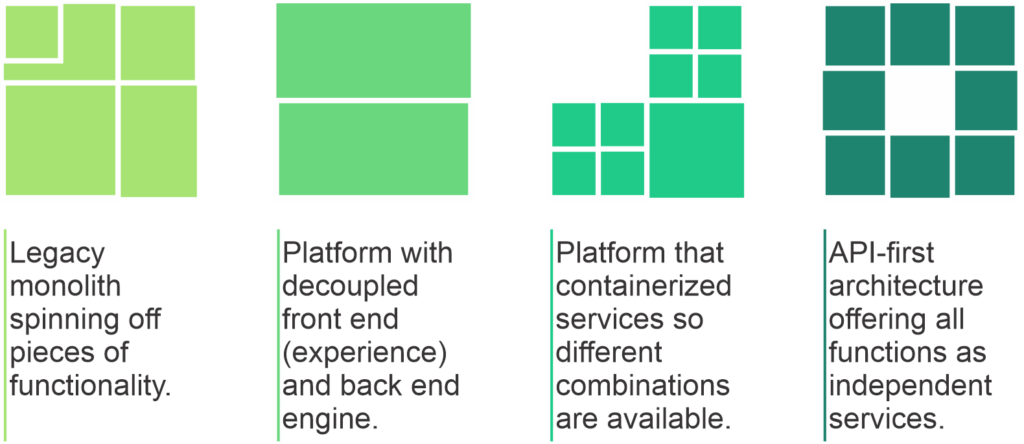
Dive Brief:
-
PVH, which owns brands including Calvin Klein and Tommy Hilfiger, may “pack and hold” at least some of its spring and summer inventory, possibly to next season, in order to preserve its ability to sell at full price or close to it, CEO Emanuel Chirico said Thursday in a conference call with analysts. The company is wary of having to sell inventory to off-price retail partners at a steep discount, he said.
-
That merchandise is already purchased and arriving to warehouses, but the COVID-19 pandemic has led to massive store closings and depressed apparel sales online, during what is normally a peak six-to-10-week, full-price selling season. The situation is ruining the cleanup the brands accomplished during the fourth quarter: PVH ended the year with inventories down 7%, Chirico said.
-
The company is working with department stores and other retail partners “to push inventory commitments out at least an additional four to five weeks,” Chirico told analysts. Otherwise, the brands are amplifying their online marketing, the only area where it hasn’t cut marketing expenses to save money during this time of curtailed revenues, he said. PVH’s digital business last year rose about 20% globally and is now 12% of total revenue, compared to 10% in 2018, Chirico said.
Dive Insight:
Pandemic-induced closures and the financial calamity that is hitting consumers and businesses alike has PVH mulling a practice that is otherwise anathema to its merchants, Chirico lamented to analysts.
“We try to turn the inventory into cash,” he said. “The old story is in apparel, if you’re having a sales problem, this is not like wine that gets better with age. Your inventory gets worse. This is a completely different situation and we have to have a completely different mindset.”
Such decisions would be made possible by what he called the strength of the company’s balance sheet. The company Thursday also reported that fourth-quarter revenue rose 5% year over year to $2.6 billion, and full-year 2019 revenue rose 3% to $9.9 billion. The company ended the year with $503 million in cash, and took other steps to shore up its finances, according to a press release.
Those include: drawing down $750 million from its over $1 billion revolving credit facility; suspending share repurchases and, beginning with the second quarter, its cash dividend; reducing capital expenditures to about $190 million (from $345 million last year); and “tightly managing inventories, with a focus on reducing its working capital.”
The company also noted its January deal to sell its Speedo North America business to Pentland Group for $170 million in cash, expected to close this quarter.
Managing inventory by putting it in “park” in warehouses also depends on “what the off-price promotional market looks like [and] how aggressive we would have to be in order to clear goods,” Chirico said. If the discount pressure is too intense, the company is considering saving some less seasonal goods to sell in the early aftermath of the pandemic, and more seasonal merchandise even into next year, he said.
Analysts have already noted that the pandemic is leading to a buyers market for off-price retailers. There is “far too much inventory already inbound for Fall,” Credit Suisse analyst Michael Binetti on March 26 wrote in emailed comments. “We expect excessive discounting, and the best offprice buying environment in a decade.”

